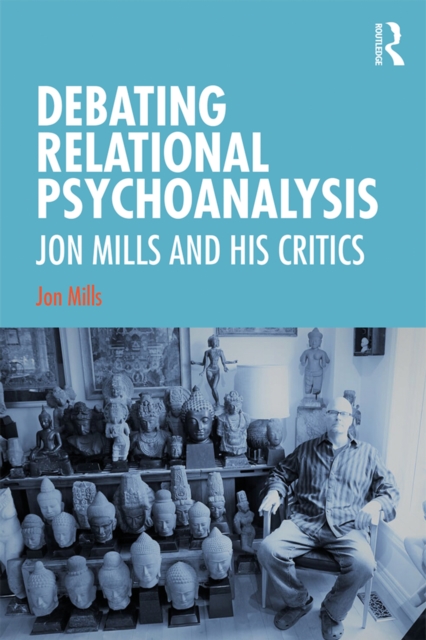
Debating Relational Psychoanalysis : Jon Mills and his Critics PDF
by Jon Mills
Description
In Debating Relational Psychoanalysis, Jon Mills provides an historical record of the debates that had taken place for nearly two decades on his critique of the relational school, including responses from his critics.
Since he initiated his critique, relational psychoanalysis has become an international phenomenon with proponents worldwide. This book hopes that further dialogue may not only lead to conciliation, but more optimistically, that relational theory may be inspired to improve upon its theoretical edifice, both conceptually and clinically, as well as develop technical parameters to praxis that help guide and train new clinicians to sharpen their own theoretical orientation and therapeutic efficacy. Because of the public exchanges in writing and at professional symposiums, these debates have historical significance in the development of the psychoanalytic movement as a whole simply due to their contentiousness and proclivity to question cherished assumptions, both old and new. In presenting this collection of his work, and those responses of his critics, Mills argues that psychoanalysis may only advance through critique and creative refinement, and this requires a deconstructive praxis within the relational school itself.
Debating Relational Psychoanalysis will be of interest to psychoanalysts of all orientations, psychotherapists, mental health workers, psychoanalytic historians, philosophical psychologists, and the broad disciplines of humanistic, phenomenological, existential, and analytical psychology.
Information
-
Download - Immediately Available
- Format:PDF
- Pages:212 pages
- Publisher:Taylor & Francis
- Publication Date:10/06/2020
- Category:
- ISBN:9781000068016
Other Formats
- EPUB from £25.91
Information
-
Download - Immediately Available
- Format:PDF
- Pages:212 pages
- Publisher:Taylor & Francis
- Publication Date:10/06/2020
- Category:
- ISBN:9781000068016






